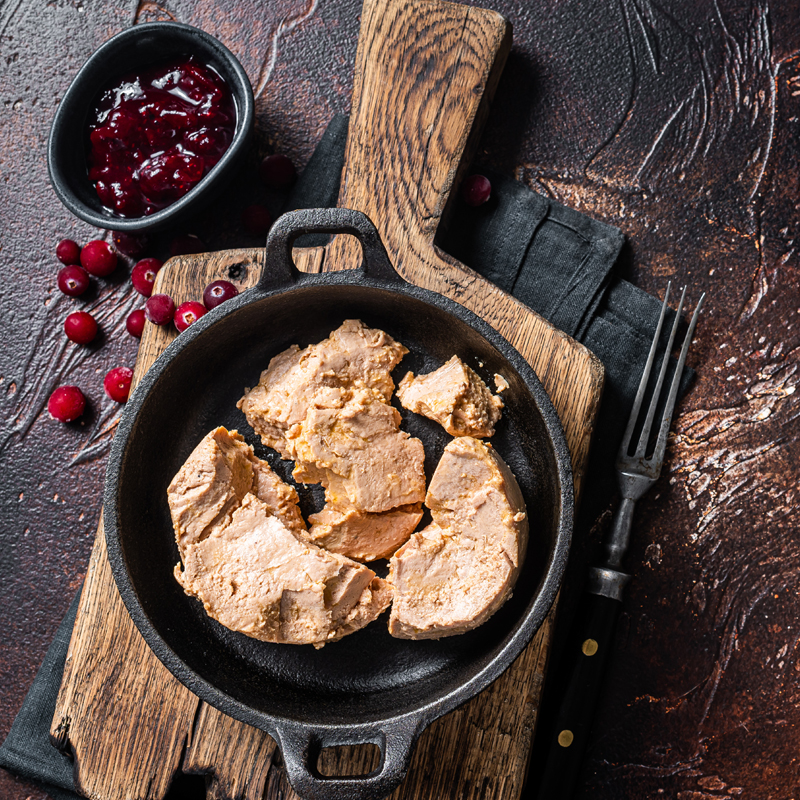
100 gr |
-- |
|
|---|---|---|
| Carbohydrate (gr) | 15.04 |
4928.47 |
| Protein (gr) | 3.59 |
1176.23 |
| Fat (gr) | 12.46 |
4083.43 |
| Fiber (gr) | 1.36 |
445.97 |
| Cholesterol (mg) | 14.64 |
4795.8 |
| Sodium (mg) | 325.27 |
106557.75 |
| Potassium (mg) | 392.16 |
128471.4 |
| Calcium (mg) | 78.15 |
25603.27 |
| Vitamin A (mg) | 46.04 |
15084.01 |
| Vitamin C (mg) | 6.16 |
2019.31 |
| Iron | 0.62 |
203.1 |
Boiled meat is a popular cooking method that preserves the natural nutrients of the meat while reducing unnecessary fats. It is commonly used in various cuisines worldwide, especially for preparing soups, stews, and broths. Boiling meat not only enhances its digestibility but also makes it a healthier alternative to fried or grilled meat, as it does not require added oils or fats.
The calories in boiled meat are 88 calories per 100 grams.
The nutritional content of boiled meat depends on the type of meat used. However, in general, it is a rich source of high-quality protein, essential vitamins, and minerals that support overall health.
Boiling meat helps reduce excess fat, as some of the fat content is released into the cooking water. This makes it a healthier option for individuals looking to manage their weight or reduce cholesterol levels.
Since boiled meat is softer and more tender, it is easier to digest, making it ideal for individuals with digestive issues, the elderly, and children.
When boiled meat is cooked in water or broth, many of its nutrients dissolve into the liquid, which can be consumed as a nutrient-rich soup. This is particularly beneficial for hydration and nutrient absorption.
Unlike frying or grilling, boiling does not produce harmful compounds such as heterocyclic amines (HCAs) or polycyclic aromatic hydrocarbons (PAHs), which are linked to cancer risk.
To maximize the nutritional benefits and enhance the flavor, consider these tips:
Boiled meat is a nutritious, easy-to-digest, and heart-friendly option for those looking to maintain a balanced diet. It is particularly beneficial for individuals seeking lower-fat meals, better digestion, and nutrient-rich dishes. By pairing it with healthy ingredients and consuming the cooking broth, you can enjoy both flavor and nutrition in one meal.